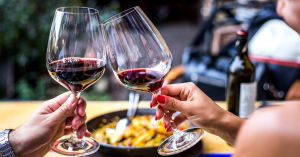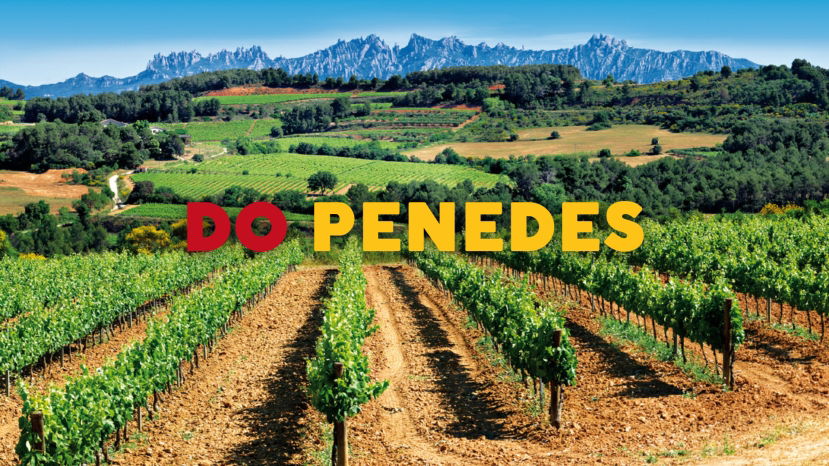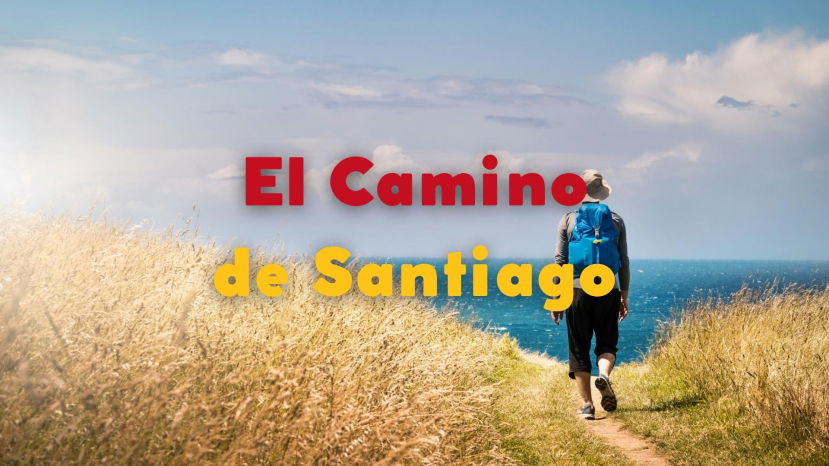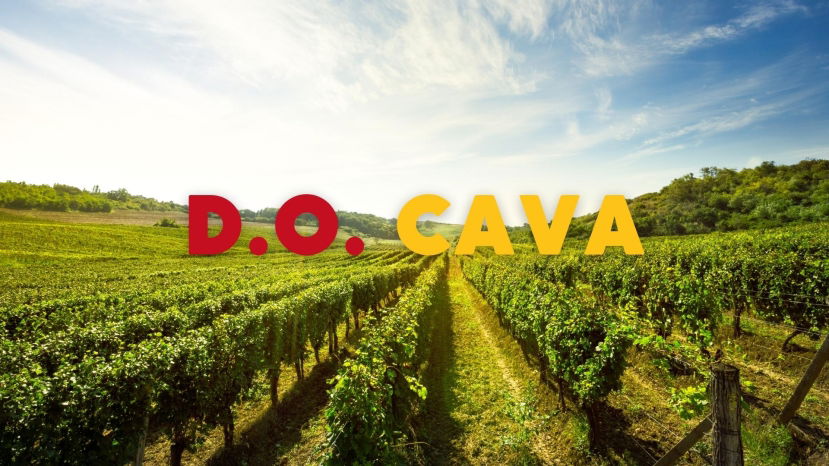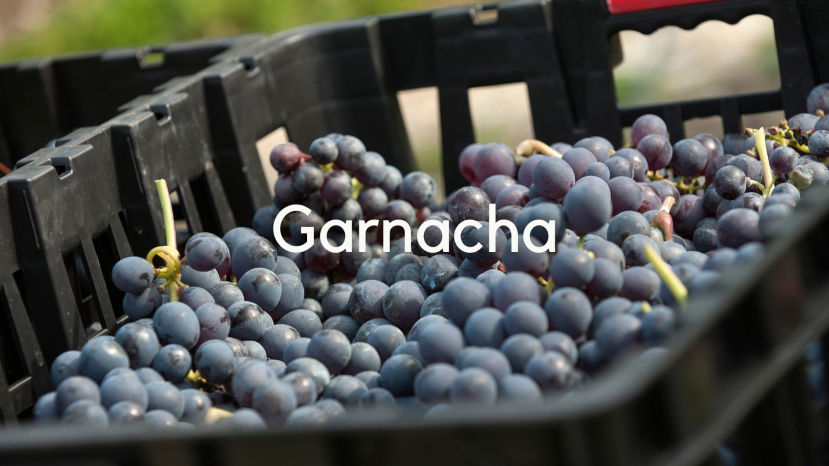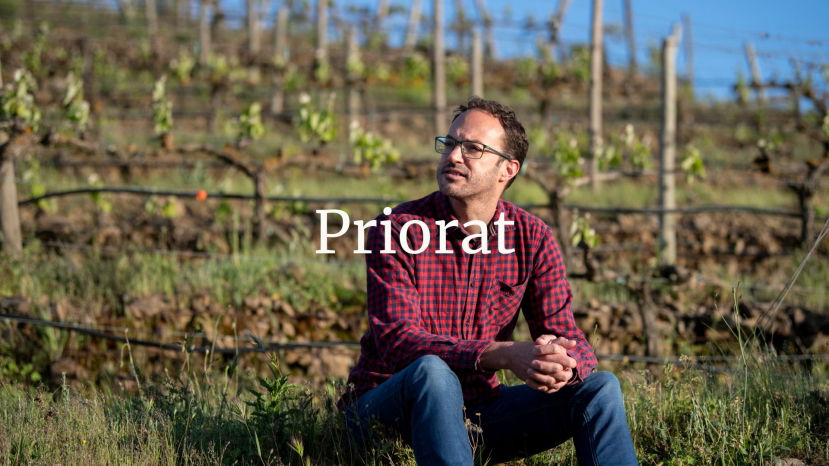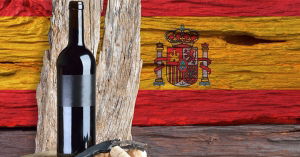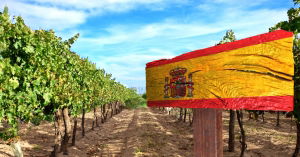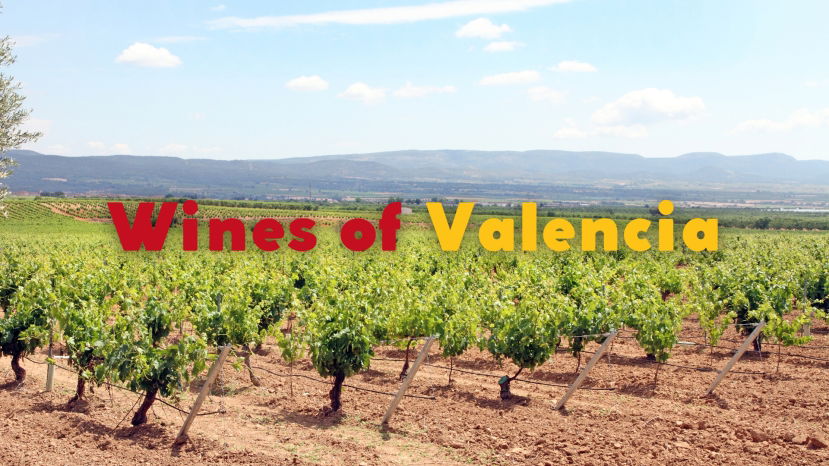BLOG
Spain wine regions
Cosecha. Joven. Viejo. And the list goes on. Many wine-producing countries use local-language wine-related terminology without realizing their consumers are unaware of their meaning. Even native language speakers are sometimes confused by these terms as they are technical and/or relate to wine law. No need to worry! Below is your very own Spanish Wine Glossary (in alphabetical order) providing the top 25 wine terms you need-to-know to navigate Spanish wine.
Summary: The first vines arrived in Penedès 2700 years ago brought by the Phoenicians. Today, DO Penedès is the Catalan DO with the oldest historical ties and very strong traditions. Its boundaries stretch from the mountains at the west of the appellation reaching 800 m of altitude to the shores of the Mediterranean Sea. Its 2500 ha of vineyards are planted on a diverse palette of climates and soils, resulting in 10 different subregions that
Summary: Lisa's Pick: A “must-view” for wine lovers intending to hike the Camino; visually stunning and inspiring. In the fall of 2019, Wine Scholar Guild member, Bill “Papi” Sanders from Nashville, Tennessee walked the 790 km/500 mile Camino Frances (French Way) route of the El Camino de Santiago. Being 65 years young at the time, he carried only what could be stuffed in his 36-liter backpack. For over 1,000 years, folks have been making the pilgrimage to Santiago de
Summary: Rick's Pick: Join DO Cava President Javier Pagés as he explains the numerous changes happening in one of the world’s most important sparkling wine regions. Cava is synonymous with excellence, and its high standard is achieved thanks to the authenticity guaranteed by the traditional method elaboration process. This 2021 is full of new challenges,
Summary: Garnacha (Grenache) is increasingly capturing the attention of wine enthusiasts around the world for its approachability, versatility and quality. As the variety continues to make its mark on the world wine scene, Spanish producers continue to innovate with a wide range of styles. Master of Wine Pedro Ballesteros Torres will lead us in a deep dive into Garnacha, covering
Summary: Rick's Pick: University of Tarragona instructor and winemaker, Antoni Sanchez-Ortiz focuses on climate change and how viticulture must adapt in Spain’s DOQ Priorat region. The mesoclimate determines climatic differences due to the topography of the Priorat and that give rise to local modifications or changes that can affect to more or less ample extensions. Factors that
Spain began linking wine to “place” early on. As far back as the beginning of the 20th century, the need for wine regulations became self-evident. The country was experiencing rampant wine fraud; quality wines were being diluted with bulk wine on a regular basis. Rioja was a leader in the charge for legislation to guarantee wine origin. In 1902, a Royal Decree defined the origin of its wines by establishing a geographical link between the name of a product and the place where it is produced. Just a little over two decades later, in 1926, the first Consejo Regulador (Regulating Council) was created in Rioja. In the years that followed, Jerez and Málaga also gained regional protection.
Are you ready to dive into one of the world’s greatest wine-producing countries? If so, our next Spanish Wine Scholar Instructor-Led course is about to start, and we would love to have you join us! If you still aren’t sure, then take a look at these ten reasons why you should be studying Spanish wine.
Summary: Quentin's love of wine was kickstarted by a misspent youth on family holidays in Spain's Valencian Community. From his first tentative sips of wine, when he was three, he has seen the wines of the region utterly transformed. Join him as he revisits that transformation and see how this rather overlooked wine region is changing and becoming a source of some truly exciting

